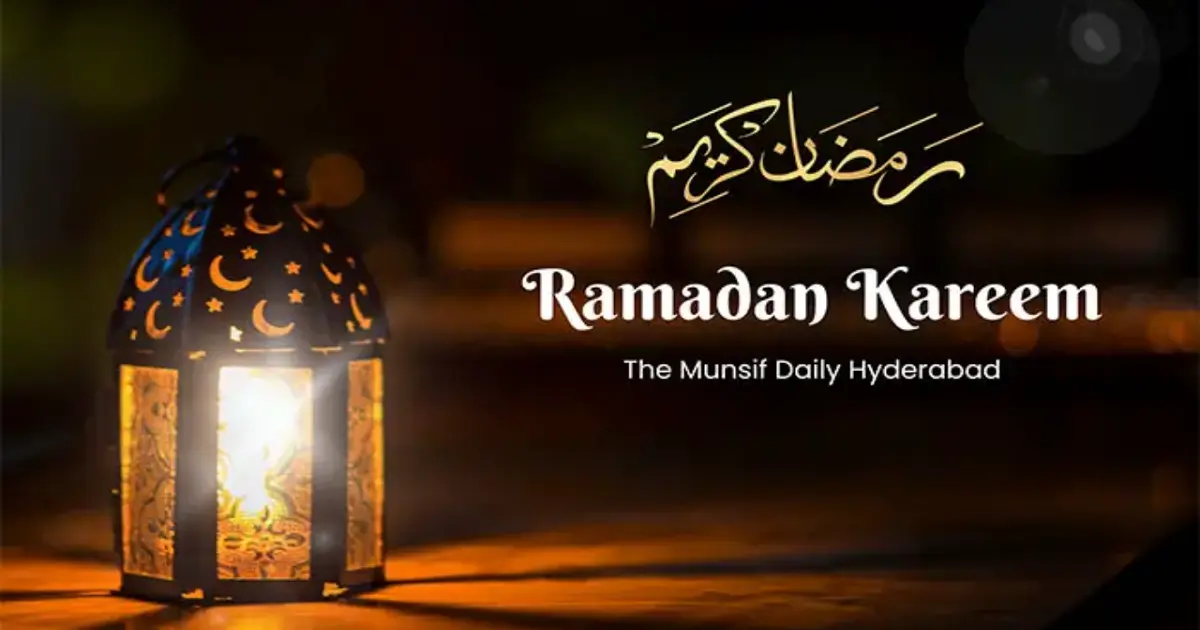Ramadan is a significant and sacred month for Muslims around the world. It is a time of fasting, prayer, self-reflection, and acts of charity. In 2023, Ramadan is expected to begin on [date] and last for 29 or 30 days, depending on the sighting of the moon. This article explores the importance of Ramadan 2023, its observances, and its profound spiritual significance for Muslims.
1. The Significance of Ramadan
Ramadan is regarded as a holy month in Islam, commemorating the revelation of the Quran to the Prophet Muhammad. It is a time of heightened devotion, self-discipline, and spiritual reflection. Muslims believe that during Ramadan, the gates of heaven are open, and the gates of hell are closed, allowing for more significant opportunities for worship and seeking divine blessings.
2. Fasting and Self-Discipline
Fasting from dawn until sunset is one of the central observances of Ramadan. Muslims abstain from food, drink, smoking, and intimate relations during fasting hours. Fasting serves as a reminder of the importance of self-discipline, patience, and empathy toward less fortunate people. It also purifies the body and soul, fosters gratitude, and strengthens the connection with Allah (God).
3. Prayer and Reflection
Ramadan is a time of increased devotion and prayer. Muslims perform the five daily prayers, including the memorable night prayer known as Taraweeh. Mosques are filled with worshippers who recite the Quran, seek forgiveness, and engage in supplications. The nights of Ramadan hold great spiritual significance, and believers strive to connect deeply with their faith through prayer and reflection.
4. Acts of Charity and Community
Charity and giving back to the community are integral parts of Ramadan. Muslims are encouraged to engage in acts of charity, such as providing food to the needy, donating to charitable organizations, and extending kindness to others. Sharing blessings and helping those in need reinforce the values of compassion, generosity, and unity within the Muslim community and society.
5. Spiritual Benefits and Personal Growth
Ramadan offers numerous spiritual benefits and opportunities for personal growth. It is a time for self-reflection, seeking forgiveness, and making positive changes in one’s life. Muslims use this month to deepen their relationship with Allah, strengthen their faith, and strive for self-improvement. The challenges and rewards of fasting and spiritual practices during Ramadan contribute to character development and a greater sense of spirituality.
6. Preparations and Observances for Ramadan 2023
As Ramadan approaches in 2023, Muslims prepare for this sacred month with anticipation and enthusiasm. They engage in spiritual and physical preparations, including increased acts of worship, reading the Quran, and setting personal goals for the month. It is common for families and communities to come together for special meals before dawn (Suhoor) and to break the fast at sunset (Iftar) in a spirit of unity and celebration.
7. Conclusion
Ramadan 2023 is an eagerly anticipated month of spiritual devotion and self-reflection for Muslims worldwide. Through fasting, prayer, acts of charity, and personal reflection, Muslims seek spiritual purification, increased closeness to Allah, and personal growth. The observance of Ramadan fosters a sense of community, empathy, and gratitude while strengthening the bonds of faith and creating lasting memories.
FAQs
1. Can non-Muslims participate in Ramadan?
Although Muslims are the ones who observe Ramadan the most, non-Muslims can show respect and support by learning about the significance of the month and being considerate of those who are fasting. Those who observe Ramadan the most, non-Muslims, can show respect and support by learning about the month’s significance and being kind to those fasting. They may also join in acts of charity and engage in interfaith dialogues to foster understanding.
2. Are there any exceptions to fasting during Ramadan?
Specific individuals, such as the elderly, pregnant or nursing women, and those with health conditions, may be exempt from fasting. They can make up missed fasts later or offer alternative forms of worship and acts of devotion.
3. What is the significance of Laylat al-Qadr during Ramadan?
Laylat al-Qadr, also known as the Night of Power, is believed to be a night of great spiritual significance that occurs during the last ten days of Ramadan. Muslims seek to worship on this night, considered more valuable than a thousand months of worship.
4. How do Muslims break their fast during Iftar?
Following the example of the Prophet Muhammad, Muslims traditionally break their fast with dates and water. They then engage in a meal consisting of various foods, often shared with family and friends.
5. What is the purpose of the pre-dawn meal (Suhoor) during Ramadan?
The pre-dawn meal, known as Suhoor, is eaten before the start of the fasting day. It provides nourishment and energy for the upcoming day of fasting and helps believers sustain their energy levels until Iftar, the evening meal.






